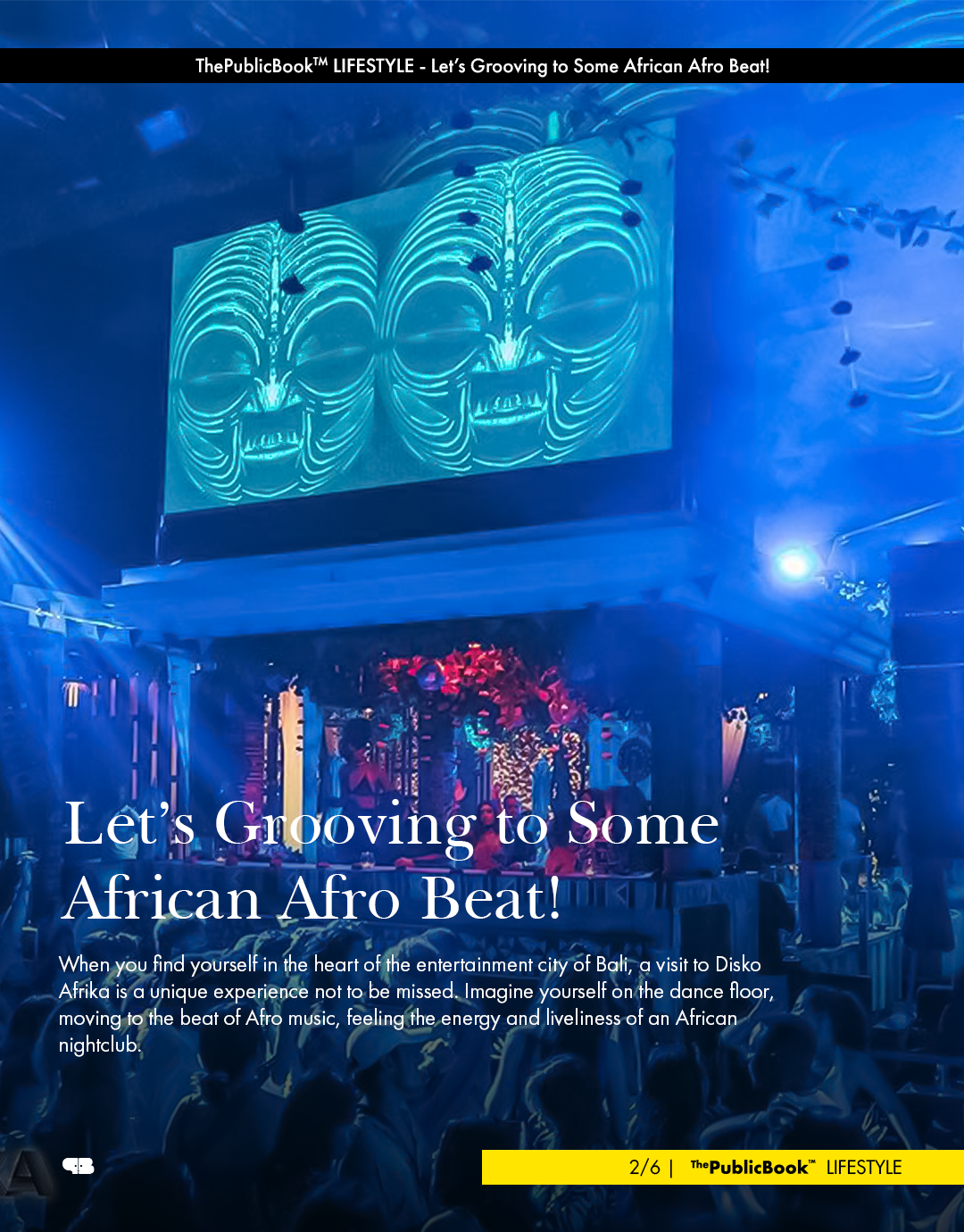September 27, 2024
Preserving Indigenous Culture Through Sustainable Business
Collaborating with weavers from across Indonesia, TORAJAMELO has helped communities to protect their indigenous culture and rights. As the CEO of TORAJAMELO and founder of AHANA by TORAJAMELO, Aparna Saxena shares the story behind the business with The Public Book.
Please introduce yourself first!
My name is Aparna Saxena. I’m originally from India. I have been in Jakarta for 6,5 years, and I have been running TORAJAMELO since June 2020. I am the CEO of TORAJAMELO and last year I launched AHANA by TORAJAMELO.
Can you tell us how Torajamelo was founded?
TORAJAMELO was founded in 2008 by Ibu Dinny Jusuf, who created TORAJAMELO to address the problem of the emigration of indigenous women from Toraja. She wanted to give them the opportunity to be able to live in their homes and community, and most of these Indigenous women would actually be weavers, backstrap loom weavers or ‘gedogan’ as it is called in Indonesia. Because weaving was not popular, it was dying, and they didn’t have real income; they were emigrating and they were going to countries like Singapore and Malaysia to become domestic helpers. When she saw this, it made her feel like she needed to solve the problem. That is when she created TORAJAMELO. Her aim was to buy these weavings from the weavers so they would have a source of income and not be forced to leave their homes.
So this was in 2008, and now it has been 16 years, and we work with weavers from 15 different locations across Indonesia. I took over the business from her in June 2020 as a way to take the organization to the next level.
What changes did you make after you took over the business?
So, the changes that happened without losing our core focus on the Indigenous community are that we have pivoted online, we have gone international, we have become a B corp, we are peta vegan approved, and non-profit that is recognized by UNESCO as an advisor for intangible cultural heritage and every year since I took over the business we have been increasing our revenue. In the face of challenges like the pandemic, business bloomed.
Who is the target market?
Earlier, the target market focused on the older population because the whole impression of tenun was only older people and the first pivot we took when the first time I took over was essentially focused on millennials and Gen Z, which meant to make weaving accessible without compromising its value. We do that by smartly using weaving to create contemporary pieces without losing their heritage value, creating accessories and other products so that the whole impression of weaving is not only that of heavy sarong, and our focus is now to combine contemporary with the heritage without compromising the value of indigenous weaving.
We spend money when we want to buy international high-end brands, so why can’t you do it for high-quality weaving done in your country?
What are the challenges you face when introducing weaving to the younger generation?
The mindset is that weaving is old and boring. While weaving is old in terms that it has been passed from one generation to one generation, it has stories and strong meanings that every Indonesian should be proud of.
The other is to make it a little bit mainstream because, in Indonesia, the problem is Batik completely takes over the narrative.
The last one comes with pricing, but I don’t want to call it challenges, but rather education because ingenious weaving is a work of a woman’s hands, the artisan crafts, which she has learned and mastered over the years. It takes up to 15 years to achieve that level of Vinese quality, which cannot be compared with automated and factory-made things. So it’s also the education for the masses and people to appreciate the true value.
Why is it important to preserve indigenous culture and lands?
It is very, very important because I think culture defines who we are, and it is part of our identity. There are some associations we have with the land, the geography, and the practices; culture is the living aspect of that. Culture is something that essentially creates a sense of identity. It ties us to our roots; it makes us appreciate what we have, especially for Indonesians. Indonesia is such a diverse country with so many cultures and languages. It is something that every Indonesian has to be respectfully proud of and something that you need to pass on. If we don’t value it, it’s going to die out, and we will lose some part of our identity.
What is TORAJAMELO’s next goal?
Our goal is to collaborate and expand. We plan to access more communities because our goal core of existence is not to have more and more weavers join us and only be limited to us. Our model is collaborative and nonexclusive, which means when we train through our ‘Yayasan,’ we are happy for them to work with anyone because we want them to become independent.
How are you going to expand?
AHANA is a vehicle of expansion because AHANA what we are doing is working with other like-minded businesses that are operating in artisanship, creating eco-friendly products, or standing for social sustainability. Quality always proceeds, and it’s backed up with a strong story. With that, we can access a wider market that is not only limited to weaving but also includes personal care, accessories, and other products. We can also offer sustainable gifting to corporates for events and even target the international market.
How can we show our support?
Buy our products, because we represent a different business across Indonesia. Be our customer, share the stories and reach out to family and friends and networks and buy it for them. And collaborate, partner with us to take this story of Indonesia to the world because clearly we can’t do it alone.




